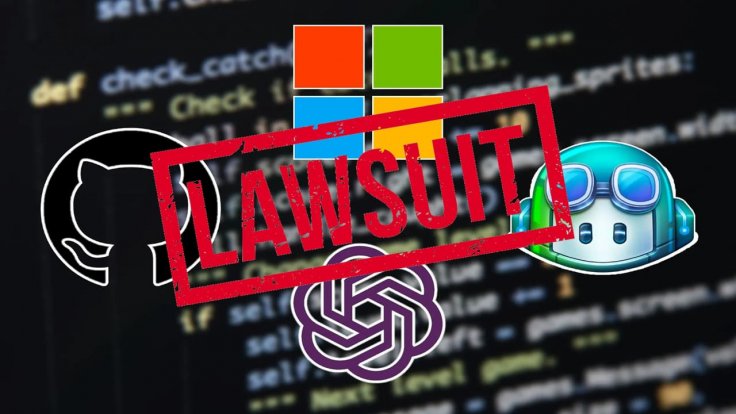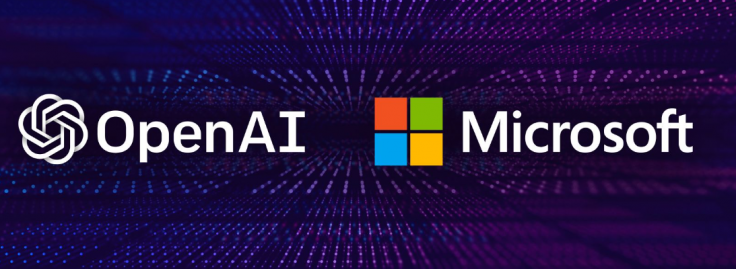Global tech giants are entangled in legal disputes over charges of data theft, privacy issues, and copyright infringement involving their generative AI models. Lawsuits and investigations against OpenAI, Microsoft, GitHub, Stability AI, Midjourney, and DeviantArt have raised serious concerns about the reproduction of protected information and the necessity for ethical AI development.
Intellectual property lawyers and academics have weighed in on these legal problems, offering insight on the difficulty of establishing allegations and the ramifications for AI technology and copyright regulations.

A class action complaint has been filed against OpenAI and Microsoft, accusing them of obtaining "vast amounts of private information" without user authorization in order to train ChatGPT.
According to the lawsuit, OpenAI gathered 300 billion words from the internet without registering as a data broker or receiving permission. Simultaneously, the FTC is examining OpenAI for potential consumer injury caused by data collecting practices and the transmission of inaccurate information. These charges emphasise the necessity of protecting user privacy and establishing transparency in the collecting of AI data.

Another class action complaint is being filed against Microsoft, GitHub, and OpenAI for their code-generating AI system, Copilot, which is accused of regurgitating licenced code snippets without proper credit. This infringement of copyright law raises concerns about intellectual property rights and the need to credit the original code's creators. Companies that use AI models trained on copyrighted information may suffer legal ramifications if correct attribution is not maintained. The outcome of this legal lawsuit might have far-reaching consequences for AI models trained on protected information, as well as the duties of technology corporations.
The lawsuit filed against Midjourney, Stability AI, and DeviantArt says that they violated artists' rights by training AI algorithms on web-scraped artwork without their permission. Eliana Torres, an intellectual property attorney, emphasizes the difficulty in demonstrating the use of certain photos to train AI systems because the resulting art may not closely resemble any of the training images. Torres contends that the focus of the litigation should shift from the designers of AI systems to the parties responsible for compiling the image collections. Companies such as Stability AI and OpenAI have used the concept of "fair use" as a defense, claiming that their use of licensed content is within legally permissible bounds.
Need for Clear Norms
The legal issues confronting global digital behemoths and AI firms highlight the need for clear norms and frameworks to negotiate the junction of AI technology and intellectual property rights. It is crucial for the future of generative AI to strike a balance between innovation and regulatory compliance. Concerns about privacy, copyright infringement, and the reproduction of protected content provide important issues that necessitate collaboration among regulatory agencies, industry stakeholders, and legal experts. Ongoing conversations are required to develop norms that protect individuals' rights, promote ethical data collecting, and assure compliance with copyright laws.
The legal issues that global tech giants and AI businesses have experienced in relation to their generative AI models underline the necessity of ethical AI development and intellectual property rights protection. Allegations of data theft, privacy issues, and copyright infringement highlight the importance of strong data gathering practices, explicit user consent, and proper attribution of copyrighted content. Companies must manage the legal landscape by putting in place strong safeguards to ensure compliance with copyright laws and user privacy.









